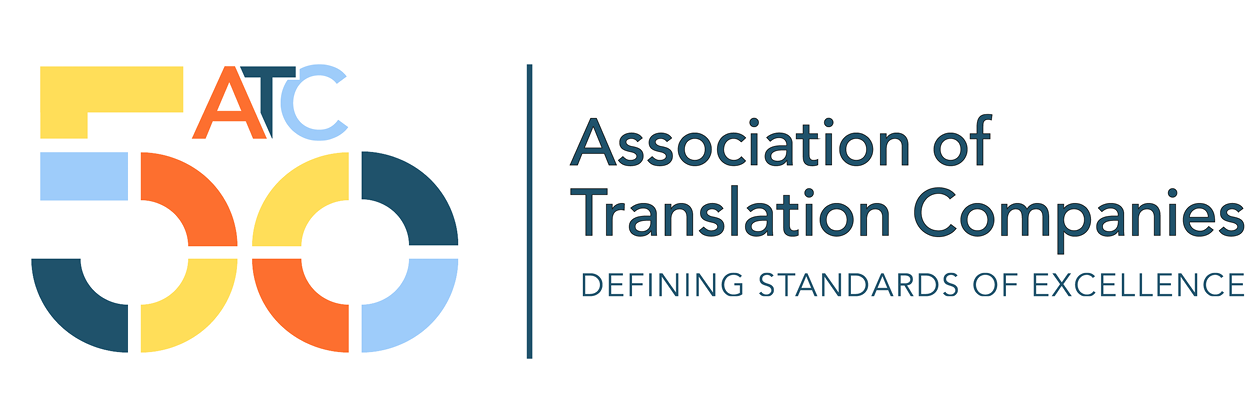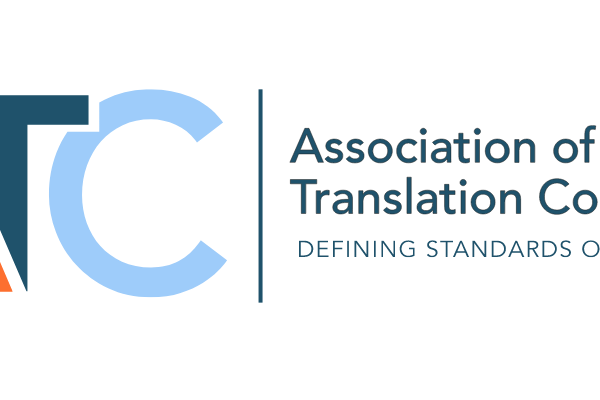The ATC’s public sector news puts you in the picture of what’s new, noteworthy and…

SlatorCon 2024 London on 23 May 2024 was billed as the place to be to learn about all things AI, with everything you needed to know about AI in the language industry under one roof. And sure enough, SlatorCon 2024 London didn’t disappoint our reporter, Helen Provart, Managing Director or Peak Translations and ATC Council Member.
The day started with Florian Faes, CEO of Slator, setting the scene with an overview of the industry and expectations of the market. It was interesting to hear that the hype surrounding AI is creating some unrealistic client demands, such as Faes’ example of the client who wanted their CEO’s speech to be dubbed but expected it to sound exactly like the CEO’s normal voice.
He went on to summarise some of the points from the recent Slator 2024 Language Industry Market Report – Language AI Edition which revealed that although AI solutions are now more accessible than ever, clients are still turning to their LSC provider to manage them, which creates an opportunity for LSCs to become the conduit between the client and the tech.
Among the AI services becoming more popular for LSCs to offer is AI transcription, which came in second to MTPE services. However, the concluding overview was that despite the level of tech available, there is still a need for a “real human” to be included in the process; a sense check, a point of reference, a cultural review to keep the output relevant.
The day continued with a number of expert speakers, developers and users of MT and AI solutions. Iris Orriss from Meta gave an overview of the immense scale of the translation work they handle – over 1 million words per day translating into more than 120 languages. The sheer volume shows why integration of an AI solution is critical for them. But Orriss did confirm that they still need human experts to assist and evaluate content. The cultural barriers are just as important as the linguistic ones, for example, sign up to their platform which requests first and last name is not appropriate in some countries where people only go by one name, so processes and policies need to be adapted to suit the cultural norms.
The afternoon was for panel discussions; the first relating to the use of AI for public broadcasting and the second highlighting two startup companies working in the AI speech to speech fields. In both sessions, the importance of data security and privacy come out as critical issues. What happens to any data that passes through open AI sources? Is it stored or discarded? Does it create a security risk? This is where educating the client is so important and emphasising the importance of working with secure AI platforms. One example from the public broadcasting sphere was about the sensitivity of news content, and the need to maintain its confidentiality, therefore publicly available MT/AI solutions pose a huge risk.
One of the misconceptions raised during the day was the idea that AI is a magic bullet but the discussion argued that this is not the case, there is clearly much more to it. A definite need to understand why tools are being used and what efficiencies can be gained from their implementation.
For the ATC’s Helen Provart, the overall takeaways were that there are benefits to be gained from implementing AI solutions but with an element of caution. We still need to balance risk and opportunity to ensure the right outcome. We still need to employ the human safety net to catch the imperfections or cultural misalignments. As Iris Orriss said, no system is perfect. She likened it to getting into a car – we know there are risks but the benefits outweigh them.

